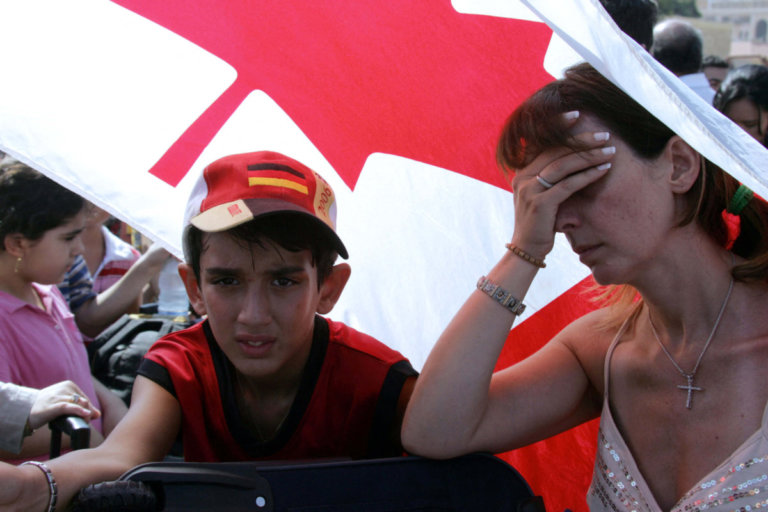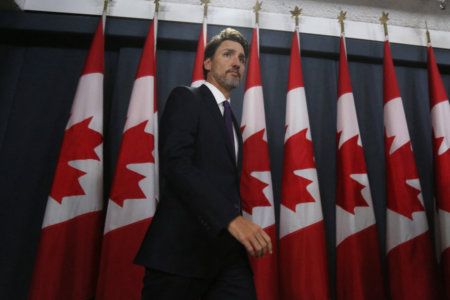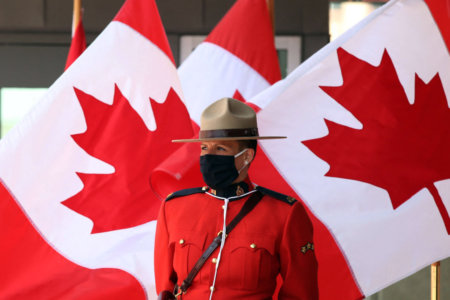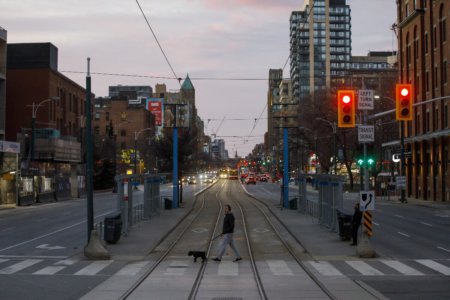
A new survey by the Migrant Rights Network (MRN) found that the new Canadian PR streams exclude certain groups of migrant workers and international students. Collating the feedback of 3,000 respondents over two weeks, the migrant-led coalition raised several challenges that would emerge from the one-time immigration programme announced recently.
Beginning May 6, 2021, Immigration, Refugees and Citizenship Canada (IRCC) will begin accepting 90,000 permanent residence applications under new streams for healthcare and essential workers, as well as international graduates of Canadian institutions. Yet, 45% of migrant workers and 35% of international graduates who filled out the survey discovered they do not qualify for the latest Canadian PR opportunities. Here are the barriers identified so far.
Reminder: On May 6 we are opening a new pathway to permanent residence for over 90,000 eligible essential workers and international graduates from a Canadian institution.
Find out if you are eligible today: https://t.co/BwLVZNp6LD pic.twitter.com/efm5qalnrj
— IRCC (@CitImmCanada) May 2, 2021
Language qualifications
To become eligible for the new Canadian PR streams, you must complete English or French language tests such as the IELTS or CELPIP. However, nearly half of international students and 67% of migrant workers surveyed do not have the language test results they need to apply. MRN highlights the plights of migrants, in particular, who have been making a living for years in Canada, but lack the skills and resources to undergo language schooling and testing.
Exemption of Quebec
The new Canada PR streams allow you to immigrate to any province besides Quebec. This is because the government of Quebec enacts its own immigration initiatives and is legally excluded from that which is enforced by the federal government. People in Quebec are also welcome to apply if they intend to leave the province.
Any education or work experience you gained in Quebec will still contribute to your eligibility. However, MRN points out that exempting Quebec from the latest Canadian PR pathway effectively excludes one million undocumented people, refugees, students, and migrants in the French-speaking region.
High processing costs
The pandemic has made it even harder for migrants and international graduates to hold down full-time jobs over the past year; yet they must have done so to apply for Canadian PR. Those who make minimum wage would be unable to afford the application fee, which MRN estimates will cost thousands of dollars. This is not inclusive of the cost of completing language schooling and tests, which as the survey discovered, could bar more than half of immigrants and international students from applying.
IRCC responded to these concerns by defending the new pathways as its “most inclusive and innovative” yet. Spokesperson Alexander Cohen nevertheless recognised the challenges accessing language testing, telling Global News that supportive measures will soon be introduced — including adding testing slots.
He elaborated, “We will continue to blaze new trails to welcome more newcomers because we know that immigration is key to Canada’s economic recovery and long-term prosperity.” However, MRN maintains that the latest Canadian PR pathway widens the divide between those who can and cannot offer PR applications. ““We don’t need small, one-off, exclusionary pilot programmes, we need an overhaul of the immigration system so that every resident in the country has the same immigration status and therefore the same access to labour rights, health care and other essential services,” said MRN secretariat Syed Hussan.










